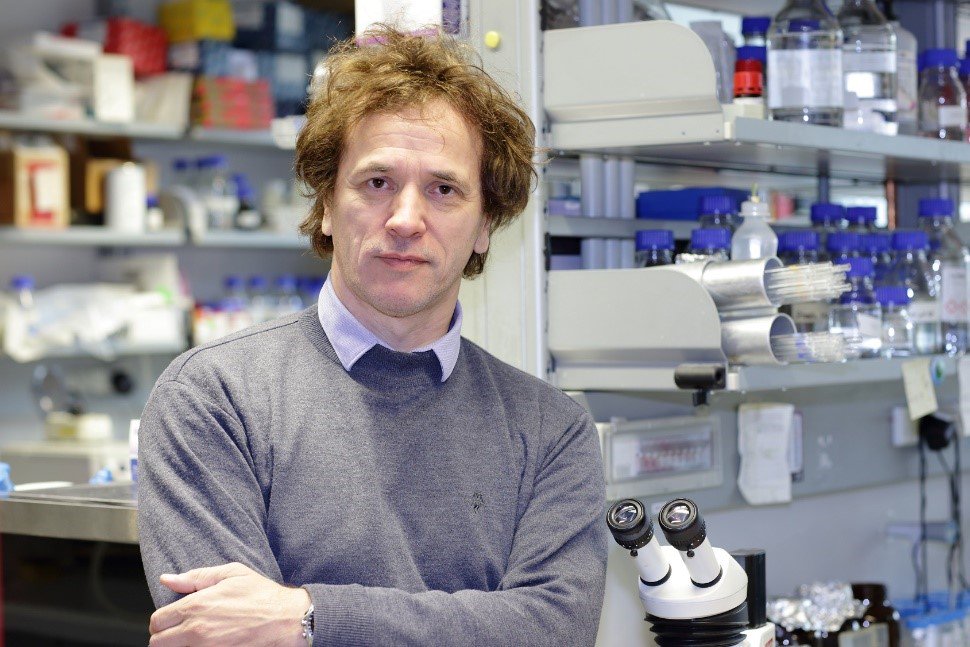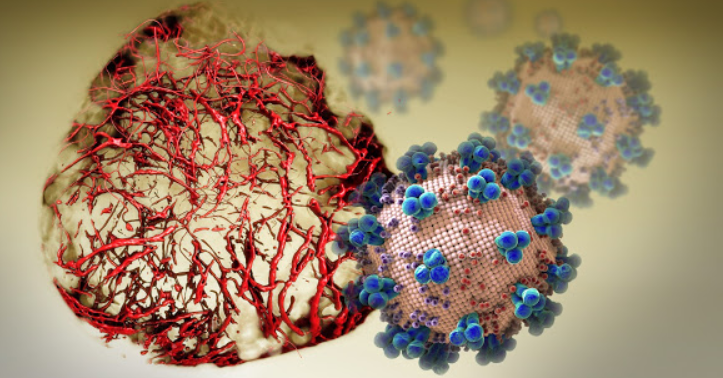Coronavirus: COVID-19 Critically Ill Patients Would Be Saved

UBC professor uses knowledge of SARS to develop COVID-19 drug.
A B.C. doctor who helped discover an enzyme and develop a drug to stop the spread of SARS more than 20 years ago is using that knowledge to fight COVID-19.
Dr. Josef Penninger, a UBC (University of British Columbia) life sciences institute director, co-discovered an enzyme called ACE2 while working as a researcher in Toronto in the late ’90s.
A few years later, during the SARS epidemic, Penninger discovered that ACE2 was the virus’ gateway into healthy cells, where they both replicated and destroyed tissue. In the case of SARS, it was lung tissue in particular.
He then developed a drug that blocked the enzyme and stopped the virus from entering healthy tissue.

- Disposable Medical Face Masks with Elastic Ear Loop 3 Ply Breathable and Comfortable
- Disposal Protective Clothing for Medical Use
- N95/KN95 Protective Mask with Elastic Ear Loop
- Surgical Mask with Elastic Ear Loop 3 Ply Breathable and Comfortable
- ZeroVirus Space Portable Sterilization Bar
Soon after, the number of SARS cases began to drop around the world — along with funding for clinical trials.
When COVID-19, which is also a coronavirus like SARS, began to spread, Penninger resurrected his research.
Due to his previous work during the SARS outbreak, he was able to begin clinical trials well before other researchers.
On Thursday, the promising findings of the first clinical trial of his new treatment were released in the Lancet Medical Journal.
The patient, a 45-year-old woman in Vienna who was on a ventilator due to severe COVID-19 symptoms, showed improvement shortly after receiving the drug known as APN01.
“In one or two days, the virus disappeared in her blood system and also in her lungs,” Penninger told Global News. “Secondly, the cytokine storm went down within two to three days. She developed perfect immunity from the virus.”
“She is now back home and healthy.”
A cytokine storm is an overreaction of the body’s immune system, which can be fatal if someone has COVID-19.
Study recruitment is still underway around the world, with the hope that the results from 200 other severe cases of COVID-19 patients will be published by November.
If all goes well, Penninger said there could be a drug ready for market by early next year.
